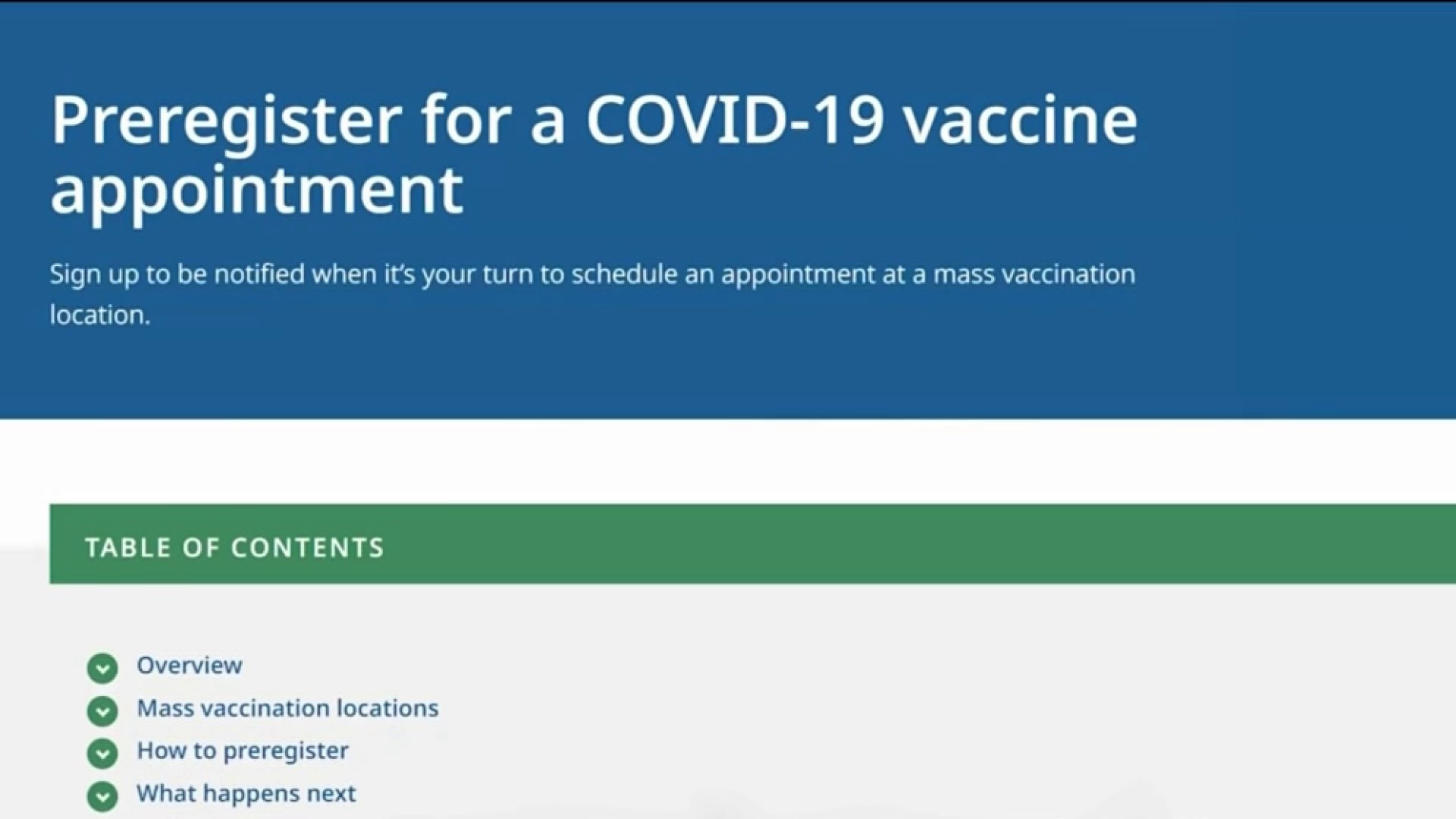Massachusetts Gov. Charlie Baker announced Thursday the state will replace the state's COVID-19 travel order with a travel advisory, one that no longer requires people entering the state to complete a travel form.
The Baker administration said in a news release that the change, which includes other steps, will take effect on Monday. That same day, Phase 4 of the state's coronavirus reopening plan will begin, the administration confirmed Thursday.
WATCH ANYTIME FOR FREE
Stream NBC10 Boston news for free, 24/7, wherever you are. |
Phase 4, Step 1 of the reopening plan allows large-scale venues like indoor and outdoor stadiums, arenas and ballparks to open at 12% capacity and increases gathering limits at event venues and public settings to 100 people inside and 150 people outside. (Private gathering limits remain in place, at 10 people indoors and 25 people outdoors.)
Get updates on what's happening in Boston to your inbox. Sign up for our News Headlines newsletter.
Summer camps, exhibitions and convention halls will also be allowed to operate under Phase 4, and weddings and other events may include dance floors.
State officials say they can loosen restrictions because public health metrics, like the number of COVID cases and hospitalizations, continue to improve.
Mass. Travel Order Changes
Under the new travel advisory, anyone arriving in the state after being elsewhere for more than 24 hours will be advised to quarantine for 10 days upon their arrival.
Previously, people coming from states without an exemption were required to fill out the form and quarantine for 10 days or produce a negative COVID-19 test result that has been administered up to 72 hours prior to arrival.
Get top local stories in Boston delivered to you every morning. Sign up for NBC Boston's News Headlines newsletter.
The advisory does not apply to anyone in the following categories, according to the administration:
- Anyone who is returning to Massachusetts after an absence of fewer than 24 hours.
- Travelers who have a negative COVID-19 test result that has been administered up to 72 hours prior to their arrival in Massachusetts.
- Workers who enter Massachusetts to perform critical infrastructure functions (as specified by the Federal Cybersecurity and Infrastructure Security Agency) while they are commuting to or from or while at work.
- Travelers who are fully vaccinated (i.e. who have received two doses of either the Moderna or Pfizer COVID-19 vaccines OR who have received a single dose of the Johnson & Johnson vaccine, 14 days or more ago and who do not have symptoms).
Under the outgoing travel order, people can travel to Massachusetts from just four states and one U.S. territory: Oregon, Washington, Missouri, Hawaii and Puerto Rico.
“If I had to quarantine, I probably wouldn’t be traveling because I have to be back in school in another week or so, so it just wouldn’t work out with my plans,” said Jessica Oritz, who was traveling to Puerto Rico from Boston Logan International Airport Thursday.
Stephanie Anderson is ready for her first trip since the pandemic began.
“I’m very excited especially because it’s going to snow here later on and I’m going to be in sunny Florida,” said the Swampscott resident at Logan airport.
She’s fully vaccinated, so she won’t be advised to quarantine or take a COVID test when she comes back, even under the state’s new effort to loosen travel restrictions.
“I think I’m for the loosening because if you don’t, people are just going to do it anyway,” she said. “So if you show baby steps and that you’re trying, I think people will be more accepting of it and continue to be safe and do the protocols.”



